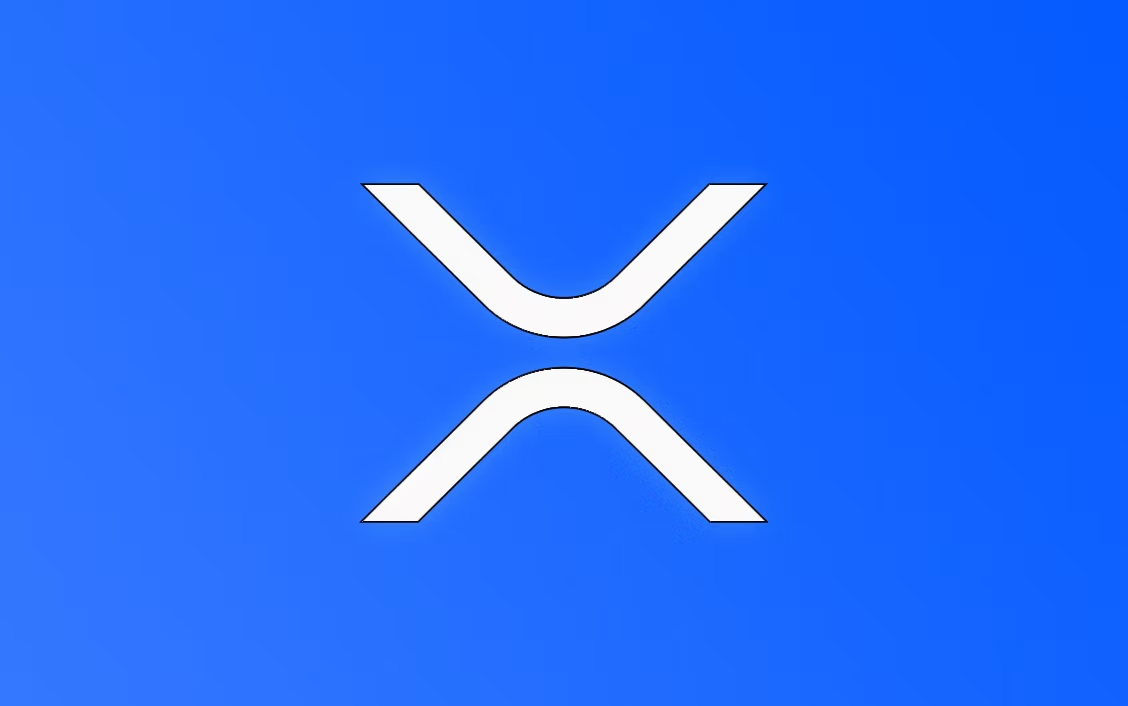XRP (XRP)
XRP is the native cryptocurrency of the XRP Ledger, a blockchain developed by Ripple Labs. It facilitates instant payments globally and is used in various Ripple products to enable quick currency conversions. The XRP Ledger is designed to assist banks and companies in executing fast and cost-effective transactions.
Development and terminology
XRP is a prominent cryptocurrency on the Ripple network and often ranks among the top cryptocurrencies by market capitalization. It was developed by Jed McCaleb, Arthur Britto, and David Schwartz. These developers established Ripple to utilize XRP for transactions on the network. Ripple Labs, the original name of the company, was rebranded to Ripple in October 2015. The terminology used for the company, network, XRP Ledger, and XRP can sometimes cause confusion.

| Ticker | XRP |
| Category | Cryptocurrency |
| Website | https://ripple.com/currency/ |
| @Ripple | |
| https://www.reddit.com/r/ripple |
History of XRP
Early development and launch
- 2011: Jed McCaleb, together with David Schwartz and Arthur Britto, initiated the development of the XRP Ledger, aiming to create a sustainable system for transferring value.
- 2012: The XRP Ledger launched its native currency, XRP. By June, development was complete, and 80% of the XRP was assigned to a new company, initially called NewCoin, later renamed OpenCoin.
- 2013: XRP was formally created in January by OpenCoin Inc.
Key milestones
- 2016: Ripple Labs reached an agreement to restrict the sale of Jed McCaleb's XRP.
- 2017: Ripple placed 55 billion XRP in an escrow account to ensure supply certainty, completed by December.
- 2020: The XRPL Foundation was established to promote the XRP Ledger's development and adoption.
- 2021: In Q4, three billion XRP were released from escrow, with 2.4 billion returned to new escrow contracts.
- 2022: Ripple released a "regulatory white paper" with recommendations for UK lawmakers to enhance digital asset regulation.
- 2023: In July, a U.S. court ruled that XRP is not a security, favoring Ripple in a case involving the SEC.
Legal aspects of XRP
Ripple's legal resolutions
- May 2015: Ripple Labs and its subsidiary resolved a criminal investigation with a settlement involving remedial measures and penalties.
- December 2020: The SEC filed a lawsuit against Ripple, alleging unregistered securities offerings of XRP.
- December 2022: Ripple and the SEC submitted final briefs in their ongoing legal dispute.
- July 2023: A court ruled that XRP is not a security, partially granting Ripple's motion for summary judgment.
- October 2023: The SEC's appeal against the July ruling was denied, and the SEC dropped claims against Ripple executives.
Architecture of the XRP Ledger
Consensus protocol
The XRP Ledger operates on a consensus protocol rather than traditional mining. Transactions are confirmed by validators who update their ledgers every three to five seconds. This process ensures secure and efficient transaction validation, differentiating XRP from other cryptocurrencies like Bitcoin.
Premining and tokenomics
XRP was pre-mined, with 100 billion units created initially. Ripple holds a portion of XRP, releasing it periodically to maintain market stability. In 2017, Ripple locked 55 billion XRP in escrow to regulate supply.
Deflationary mechanism
Each transaction on the XRP Ledger incurs a small cost, which is burned to protect against spam. This creates a slight deflationary effect, though the transaction fees remain minimal.
Use cases of XRP
Digital currency and transactions
XRP can be used for transactions or as an investment. The RippleNet platform can facilitate currency exchanges more efficiently than traditional methods. For example, using XRP to convert between U.S. dollars and euros can be faster and cheaper than using conventional banks.
Partnerships and adoption
Ripple has previously partnered with various financial institutions, including MoneyGram, for cross-border transactions. In 2017, Ripple collaborated with banks such as Axis Bank and Yes Bank in India, Akbank in Turkey, and BBVA in Spain, expanding its global reach.
